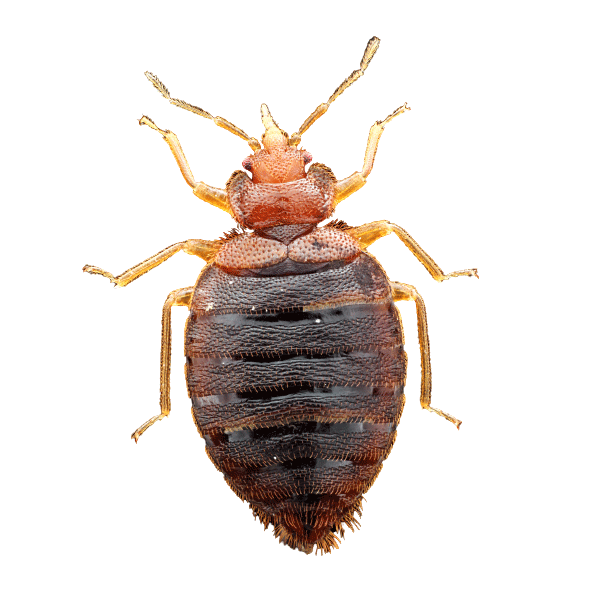Bed bugs, those pesky little pests that can turn your peaceful slumber into a nightmare, have an uncanny ability to survive and thrive in various environments. One question that often plagues the minds of those dealing with these unwelcome intruders is: How long can bed bugs live without food?
The Basics of Bed Bug Biology
Before we delve into the specifics, it’s important to understand some basics about bed bugs. These tiny insects belong to the Cimicidae family and feed exclusively on blood. Their preferred hosts? Humans. Bed bugs have a remarkable adaptation to go without feeding for extended periods when necessary, which has contributed to their notorious resilience.
Survival Timelines
Bed bugs rely on blood meals for sustenance and to progress through their life stages. Generally, an adult bed bug can survive without a blood meal for anywhere from several weeks to several months, depending on various factors:
- Life Stage: Adult bed bugs are better equipped to withstand hunger than their younger counterparts. Nymphs, the juvenile bed bugs, require more frequent meals and have a shorter survival period without food.
- Temperature and Humidity: Environmental conditions play a crucial role in their survival. Lower temperatures and lower humidity levels can extend their survival time, while warmer temperatures and higher humidity levels can shorten it.
- Individual Health: A well-fed, healthy bed bug is likely to survive longer without food compared to a weaker or malnourished one.
- Initial Feeding: The period immediately after a bed bug feeds is when they have the most energy and reserves. This could allow them to survive longer without feeding.
Extreme Scenarios
In some documented cases, bed bugs have been known to survive without feeding for up to a year or more, although such prolonged survival is rare and usually occurs under very specific conditions.
Preventing and Dealing with Bed Bugs
The resilient nature of bed bugs emphasizes the importance of a proactive approach to preventing and addressing infestations:
- Regular Inspections: Routinely check your sleeping area and surrounding furniture for signs of bed bugs, such as reddish-brown stains, shed skins, and tiny white eggs.
- Travel Caution: When staying in hotels or other accommodations, inspect the bedding and furniture before settling in. Keep luggage elevated and away from walls or furniture.
- Early Intervention: If you suspect a bed bug infestation, take action immediately. At Bug-A-Way Pest Control, we can quickly address and eliminate your bed bug infestation.
- Proper Cleaning: Regularly launder bedding, curtains, and clothing in hot water, as high temperatures can kill bed bugs.
For advanced bed bug heat treatments, contact Bug-A-Way Pest Control.
